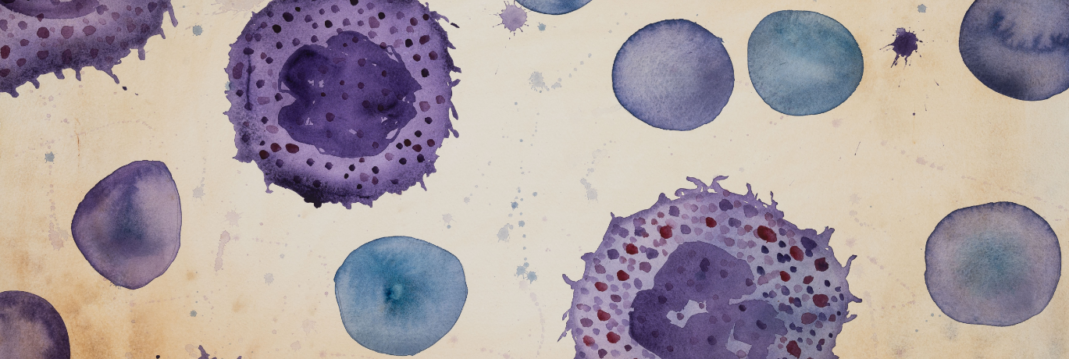Biologically relevant laminin as a chemically defined and fully human platform for human epidermal keratinocyte culture
Tjin M.S., Chua A.W.C, Moreno-Moral A., Chong L.Y. , Tang P.Y., Harmston N.P., Cai Z., Petretto E., Tan B.K., Tryggvason K. Nature Communications, 2018
The current expansion of autologous human keratinocytes to resurface severe wound defects still relies on murine feeder layer and calf serum in the cell culture system. Here, the authors report a completely xeno-free and defined culture system utilizing skin-specific laminin cell culture substrates which enables robust expansion of adult human skin keratinocytes. The authors characterized the human skin basement membrane and murine feeder layer 3T3- J2 and have identified two biologically relevant recombinant laminins, laminin 511 and 421, as potential candidates to replace the murine feeder. The authors report a completely xeno-free and defined culture system utilizing these laminins which enables robust expansion of adult human skin keratinocytes, comparable to the 3T3-J2 co-culture system in terms of basal markers’ profile, colony-forming efficiency and the ability to form a normal stratified epidermal structure in both in vitro and in vivo models. Human keratinocytes cultured either on laminin 511 or 421 were able to generate a fully stratified epidermal layer in vivo similar to that on the 3T3 co-culture system. The results show that the proposed system may not only provide safer keratinocyte use in the clinics but also facilitate the broader use of other cultured human epithelial cells in regenerative medicine.

Talk to our team for customized support
We are here to help you in your journey.